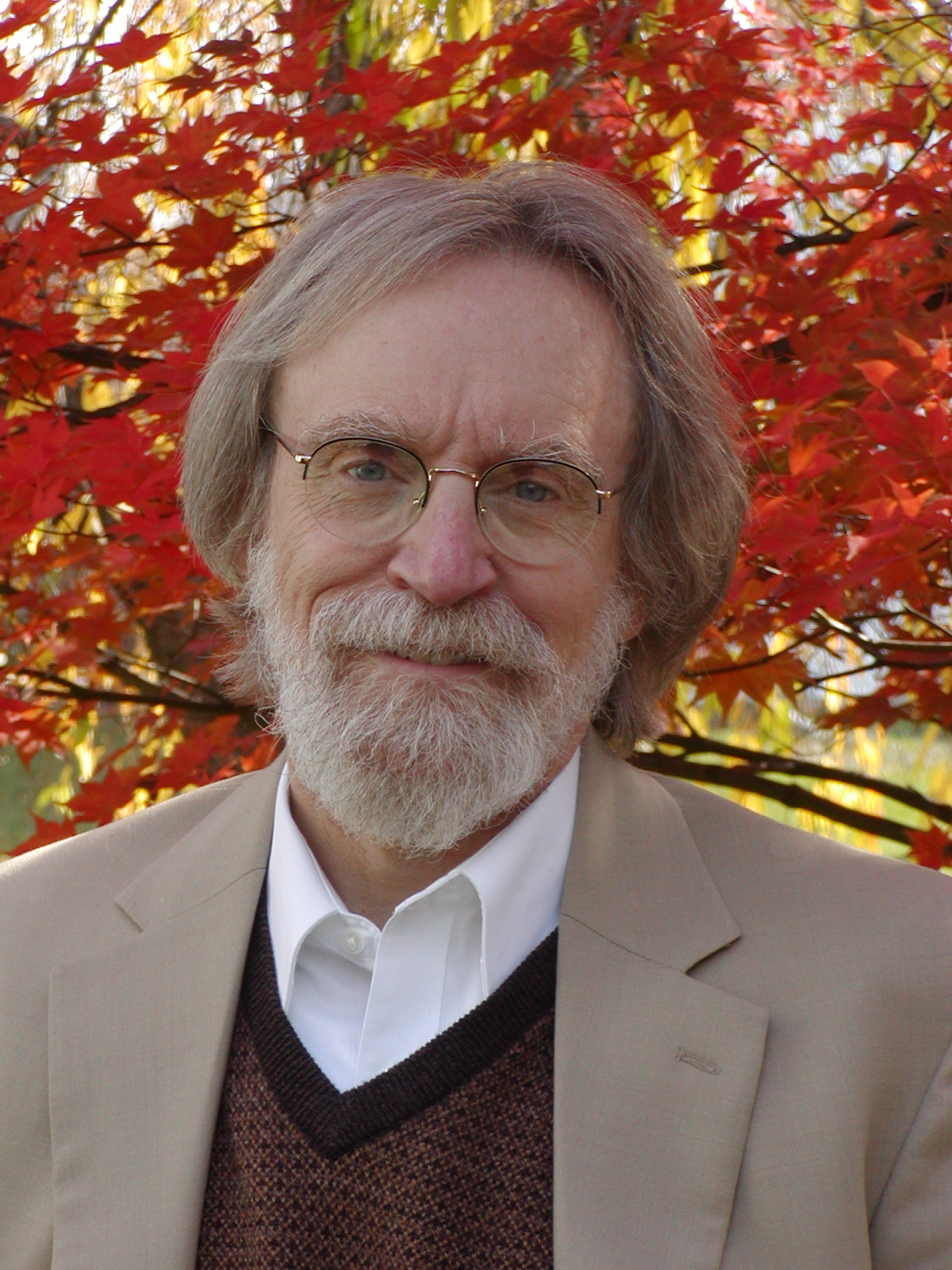|
Leonhard Euler (1707 – 1783) is one of the towering figures from the
history of mathematics. Here we look at two results that show how he
acquired his lofty reputation.
In the first, Euler considers the infinite series \(1/2 + 1/3 + 1/5 + 1/7 +
1/11 + \dots\), i.e., the sum of reciprocals of the primes – and
establishes that the sum "is infinite." The proof from 1737 rests
upon his famous product-sum formula and requires a host of analytic
manipulations so typical of Euler’s work.
The other result addresses \(1 + 1/4 + 1/9 + 1/16 + \dots\), i.e., the sum
of reciprocals of the squares. Euler first evaluated this in 1734, but here
we examine his 1755 argument that uses l'Hospital's rule, not once, not
twice, but thrice!
Euler has been described as "analysis incarnate." These two
theorems, it is hoped, will leave no doubt that such a characterization is
apt.
NOTE: This talk should be accessible to any mathematics major, grad
student, or faculty member.

William Dunham is a historian of mathematics who has written four
books on the subject: Journey Through Genius, The Mathematical
Universe, Euler: The Master of Us All, and The Calculus
Gallery. He recently co-edited (with Don Albers and Jerry
Alexanderson) an anthology titled The G. H. Hardy Reader. Dunham
is also featured in the Teaching Company’s DVD course, "Great
Thinkers, Great Theorems."
After his retirement from a 22-year
career at Muhlenberg College, Dunham has held visiting positions at
Harvard, Princeton, Cornell, and the University of Pennsylvania. He is
presently a Research Associate in Mathematics at Bryn Mawr College.
|

